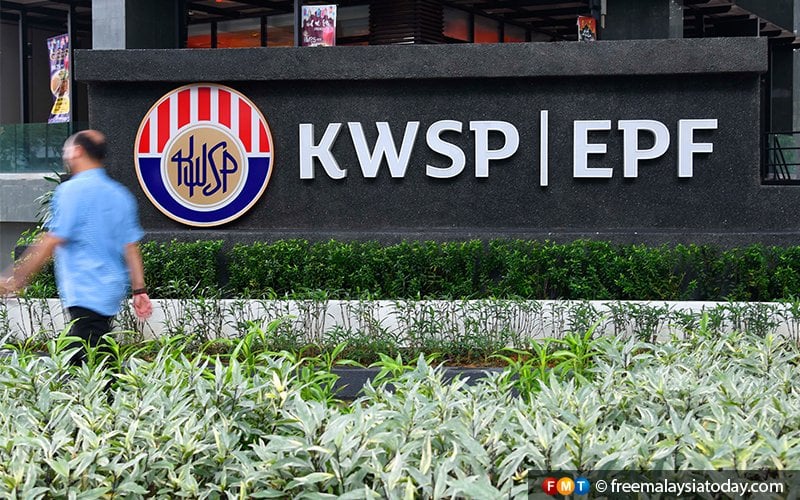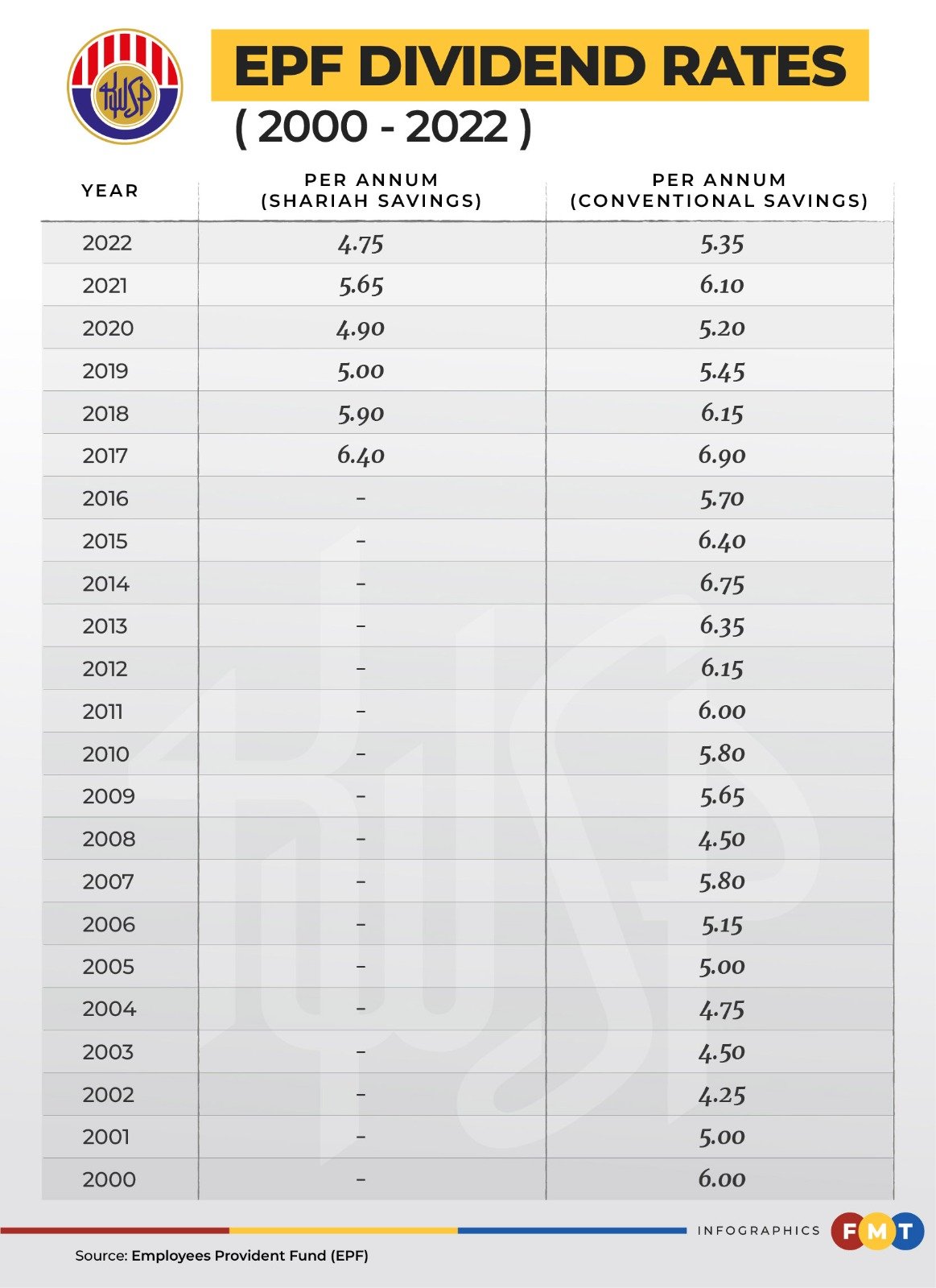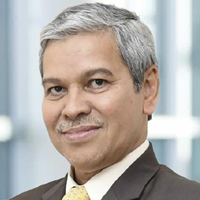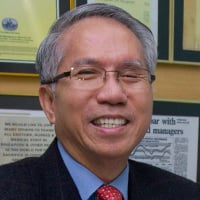
PETALING JAYA: For millions of private sector workers, the Employees Provident Fund (EPF) represents an integral component in the building of their retirement nest egg.
As such, Malaysians are generally appreciative that the annual dividends they get for their EPF savings are significantly higher than banks’ fixed deposit rates and the rate of inflation.
However, it is no easy task for EPF to garner above-average returns for its 15.7 million members, of which 8.4 million are active contributors.
As of June, the size of the EPF’s investment assets stood at RM1.08 trillion, positioning it as one of the top 10 largest sovereign pension funds in the world. It receives an estimated RM88 billion from employees and employers annually.
With such a mountain of investment assets, the EPF has leveraged on the expertise of professional fund managers to secure a higher return on investment (ROI) for its members.
Last year, EPF outsourced RM160.24 billion or 16.12% of its total investment assets to external fund managers. The allocation was invested across both equity and fixed income instruments, the fund said in a statement last week.
The EPF is said to have some 10 external fund managers, both local and foreign, in its stable.

Delivering despite the volatility
EPF chairman Ahmad Badri Zahir highlighted that external fund managers have been “instrumental in enhancing the performance of the EPF’s assets”.

“As our funds grow, we will continue to leverage their insights and skill sets that complement the EPF’s own internal fund management capabilities,” he said in the statement which announced the winners of the EPF External Fund Managers Awards, now in its 21st year.
“Despite 2022 being a difficult year marked by volatility and ongoing geopolitical tensions, the EPF’s panel of external fund managers managed to deliver encouraging results that were within its objectives and expectations for the year.”
Fifteen awards were presented to the top external fund managers managing EPF’s investment portfolios for the three-year period ended Dec 31, 2022.
The winners included Pheim Asset Management Sdn Bhd (Best Domestic Equity Fund Manager (Conventional) 2022) and AIIMAN Asset Management Sdn Bhd (Best Domestic Equity Fund Manager (Shariah) 2022).
Amundi was named Best EPF Global Equity Fund Manager 2022, and AHAM Capital Asset Management won the Best EPF Domestic Equity Fund Manager 2022 award.
To get an insight into how EPF’s external fund managers achieved above-average ROI, FMT Business spoke to its longest serving external fund manager, Tan Chong Koay.
The 73-year-old fund manager, who is Pheim Asset Management’s executive chairman and chief strategist, has been serving EPF for 26 consecutive years, having been appointed on April 1, 1997.
The hardest thing to do
On EPF’s expectations, Tan said an external fund manager has to consistently outperform the adjusted market index, expected return on investment, and maintain positive information ratio.

“The most difficult and challenging job is to outperform every single year,” he said.
This is what Pheim Asset Management (or Pheim Malaysia) has done since its appointment by the EPF.
The boutique asset management firm has cumulatively outperformed the time weighted rate of return (TWRR) set by EPF every calendar year for 26 years in the category of domestic equity conventional, he said.
“As of end of June 2023, the outperformance by Pheim Malaysia was more than 600% since 1997. This was unprecedented.
“Our average ROI for the 20 years from 2003 to 2022 was slightly more than 10%. This was above the inflation and interest rates for the period by a good margin,” he said.
On his secret to achieving such outperformance over a long-term horizon, Tan attributed it to putting into practice his investment philosophy “Never fully invest at all times”.
“Essentially, this means investors and fund managers should trim their equity exposure when the market is near the peak and increase the exposure and nearly fully invest near the trough.”
He recounted that Pheim Malaysia was appointed as an external fund manager in April 1997 when the Malaysian stock market was at a high level.
“As the market was high, it was actually the time to sell, not to buy. We took a decision not to invest EPF’s funds immediately, and it turned out to be the right decision as the Asian financial crisis hit us just a few months later.
“We increased our equity exposure when the market crashed. As a result, we picked up many stocks at rock bottom prices and performed very well in 1998 and 1999,” he said.
Fast forward to 2020, the year when Covid-19 wreaked havoc on stock markets around the world. Bursa Malaysia was badly hit but for Tan and Pheim Malaysia, the crisis was just another opportunity to outperform the benchmark indices.
“2019 was a very good year for stock markets but we already saw many danger signs flashing red.
“We raised cash by taking profit on our stocks at the beginning of 2020 following the sharp rise in the Dow Jones Industrial Average (DJIA) Index,” he said.
Capitalising on the Covid crash
Then Covid-19 hit and the US markets dropped sharply from Feb 12 to March 23, 2020, with the DJIA dropping 38.4% within five-and-a-half weeks.
In Malaysia, the impact was arguably worse. Between Feb 12 and March 19, 2020, the FTSE Bursa Malaysia Small Cap Index (FBMSC Index) plunged 44.26% while the FTSE KLCI dropped 20.95%.
“This was one of the sharpest drops after the Asian financial crisis in 1998. With the cash from the sale of our shares, we bought many discounted and attractive stocks that met our criteria – low gearing, rising profits, good management, and depressed prices,” Tan said.
One of the stocks Pheim Malaysia swooped up prior to the Covid crisis was glove maker Supermax Corp Bhd, with the bulk of the shares bought at below RM1.
On the back of the pandemic, local glove makers saw a meteoric rise in their share prices. In the case of Supermax, Pheim Malaysia sold some of the shares at more than 1,300% profit.
“The unusually huge jump in glove makers’ share prices was a big boost to our performance,” said Tan, who disposed all of EPF’s Supermax shares at a massive profit before it came crashing down.
In 2020, Pheim Malaysia outperformed the TWRR set by EPF by more than 18% while its ROI was more than 12%.
“2021 was a challenging year with tech stocks tumbling during the second half but, despite that, our ROI was more than 13%,” he said. - FMT


No comments:
Post a Comment
Note: Only a member of this blog may post a comment.